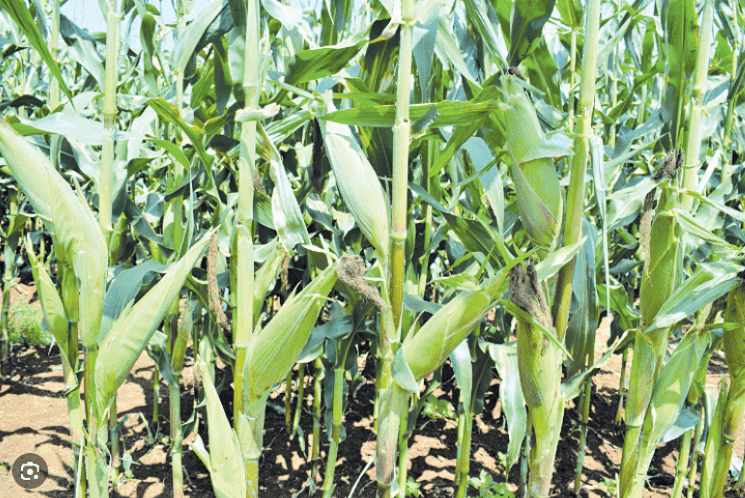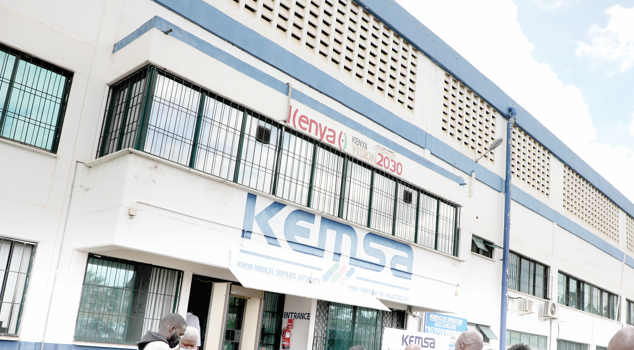You only have today to submit views on introduction of GMO maize

Today is the final day for Kenyans to submit their views to the National Biosafety Authority on the introduction of genetically modified maize (Zea mays) commonly known as Bt maize in the local market.
This will now lead to the NBA analysing the views before making a final decision on whether to introduce Bt maize in the local market or not. The authority began a series of public participation exercises last week in Kakamega, Uasin Gishu, Trans Nzoia and Machakos County as well as online submissions by various stakeholders.
Speaking during a session with youths dubbed; Is Kenya ready for the cultivation of genetically modified maize? by Bunge la Mayut Kenya on Sunday evening, National Biosafety Authority acting Director of Biosafety Research and Compliance, Josephat Muchiri assured Kenyans that their input will be put into consideration while making the final decision.
“ As an authority which is mandated to regulate this activity, we will ensure that concerns of all Kenyans are fully addressed by the promotors of this product,” said Muchiri.
The Kenya Agricultural and Livestock Research Organization (KALRO) and the African Agricultural Technology Foundation (AATF) made the application for introduction into the market of Bt maize in November to the Authority last month. Stem borers The BT Maize are expected to address the challenges of the fall armyworms and maize stem borers, which are the two major pests of maize in Kenya and the region.
“The Authority is mandated among others to promote awareness and education among the general public in matters relating to biosafety, a function that it has taken seriously through various activities across the country,” said Muchiri.
He explains that once an application for GM project is received the Authority has three pillars that it uses to make a decision on the application.
“We have safety assessment pillar that involves, food and safety assessment, environmental safety assessment and which involves a review of the data by other government agencies and stakeholders and independent reviewers,” added Muchiri.
He further stated that there is a social economic assessment pillar that looks at if the technology offers any additional benefit to farmers, how accessible it is and if it has the potential to unfair advantage or competition to others. Muchiri added that the final pillar is public participation which entails publishing the research and engaging all stakeholders on the GMO project before final approval is done.
The decision to conduct public engagements is in line with the provisions of the Biosafety Act, 2009 Section 19(4) and Regulation 12(3) (a) of the Biosafety (Environmental Release) Regulations, 2011, which requires the Authority to notify the public on receiving an application for environmental release or open field cultivation, and placing on the market of genetically modified products.
The authority is mandated to exercise supervision and control over the development, transfer, handling and use of Genetically Modified Organisms (GMOs) with a view to ensuring the safety of human and animal health as well as the provision of an adequate level of protection to the environment.
“These initiatives are meant to educate the public on GMOs, and safety assessment procedures and allow interactive sessions with members of the public. It’s further underscored that before the commercialization of the Bt maize, other regulatory approvals including Environmental Impact Assessment (EIA) and National Performance Trials will be required and the public will further be engaged at those stages,” added Muchiri.










